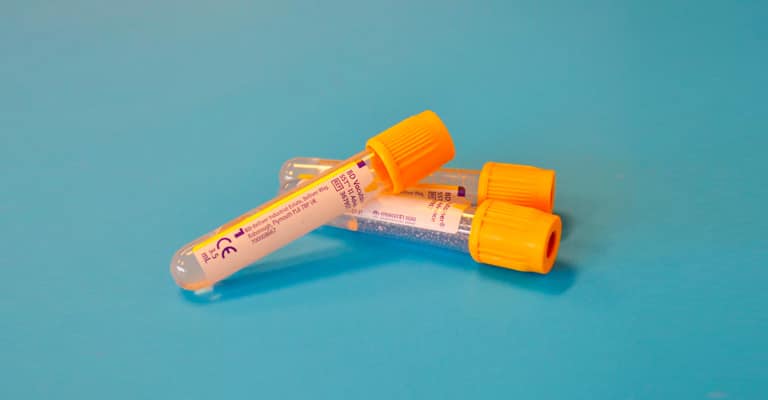What is a drug test in the Family Court?
It is common that conflict and dispute may arise between parents during a divorce, which could lead to one of you requesting the other to do a drug test in the Family Court. When resolving this, the children’s wellbeing and safety is the top priority to reduce any risk of harm. Therefore, the result of a drug test may have a significant impact on the Court’s decision regarding custody and parental rights to your children.

Can my ex make me take a drug test?
Your former spouse cannot directly force you to take a drug test. First, they must submit a ‘Notice of Risk’ in which the party outlines any risk they think the child is being exposed to by you. This includes things like alcohol abuse and consumption of illicit drugs.
Once the Court receives this form, they can decide what orders to make. Drug tests are usually conducted at times you are not required in Court, the results of which are presented to all parties before the next hearing. The Court can order you to sit random drug tests for as long as they choose.
As well as this, parental orders may be implemented to ensure the safety and wellbeing of the child. The Court may order that:
- You must not be under the influence of any illicit drugs
- You must have a regularly supervised drug test
- You must have random drug testing
- You must have a hair follicle test
Furthermore, if it is believed that your child is at significant risk of harm, they may restrict you to having supervised contact only, or in some cases, no contact altogether.
What kind of test will you be ordered to have?
There are 3 main types of drug tests that the Court will order:
- Hair follicle test
- Urine analysis
- Alcohol test
The Court determines which test to use by looking at different factors including which drug they are testing for, how much of the substance is supposedly used and how frequently it is used. Each party is required to pay for their own drug test.
Hair follicle test:
A hair follicle test is sometimes ordered where a person has admitted to drug use in the past. This involves a strand of hair being removed from your head and examined to determine whether illicit substances are present in you. It is painless and quick.
After the substances are broken down and absorbed into your bloodstream, the products are released into your hair follicles. As your hair grows, these deposits become trapped and remain here. A sample of hair taken from close to your scalp contains a clear record of the type and amount of illicit substance you consumed.
This method of testing covers a very wide time period that varies depending on the length of hair examined. For example, testing on a sample that is 3.9cm in length will pick up on any drugs consumed in the last 3-4 months. A 15.6cm long sample will detect approximately 12 months of drug consumption history. This large window makes hair follicle testing extremely accurate.
Urine analysis:
Urine analysis is the most common drug test, primarily due to the little cost and time needed to conduct them. This involves you passing urine whilst supervised, the contents of which is then analysed for any illicit substances.
Alcohol test:
If you or your former spouse are suspected of excessive drinking, you may be ordered to do an alcohol test. This often involves a standard blood test whereby the Court monitors for any liver damage that may indicate prolonged alcohol abuse. EtG testing is another method that is used to detect alcohol consumption from the previous 5 days only. This usually involves a urine sample being taken.
What happens if a parent fails a drug test?
A positive drug test of any kind does not result in automatic suspension or loss of child custody; however it often changes the extent or arrangement of custody. This is simply because all drugs inhibit your ability to make sound, rational decisions, and thus limit your parenting capacity. Alcohol abuse and substance addiction can increase risk of you causing physical harm to your child or being emotionally disconnected from them. Both are extremely detrimental to a child’s growth and development.
Therefore, a Court will likely order a reduction in the parent’s time allowed with the child or potentially ban them from spending time with their child unsupervised. The Court decides how long these arrangements will last depending on the specifics of each case.
The Court also acknowledges the distinct difference between recreational drug use and a dependence on drugs, and looks at the individual circumstances of each case to decide whether a parent’s drug use creates a risk to the child. If you would like further information on this, get in touch with us via the contact form.
It is important to note that if the Court orders someone to produce a drug test and they fail to do so, it is considered to be a positive test result.


